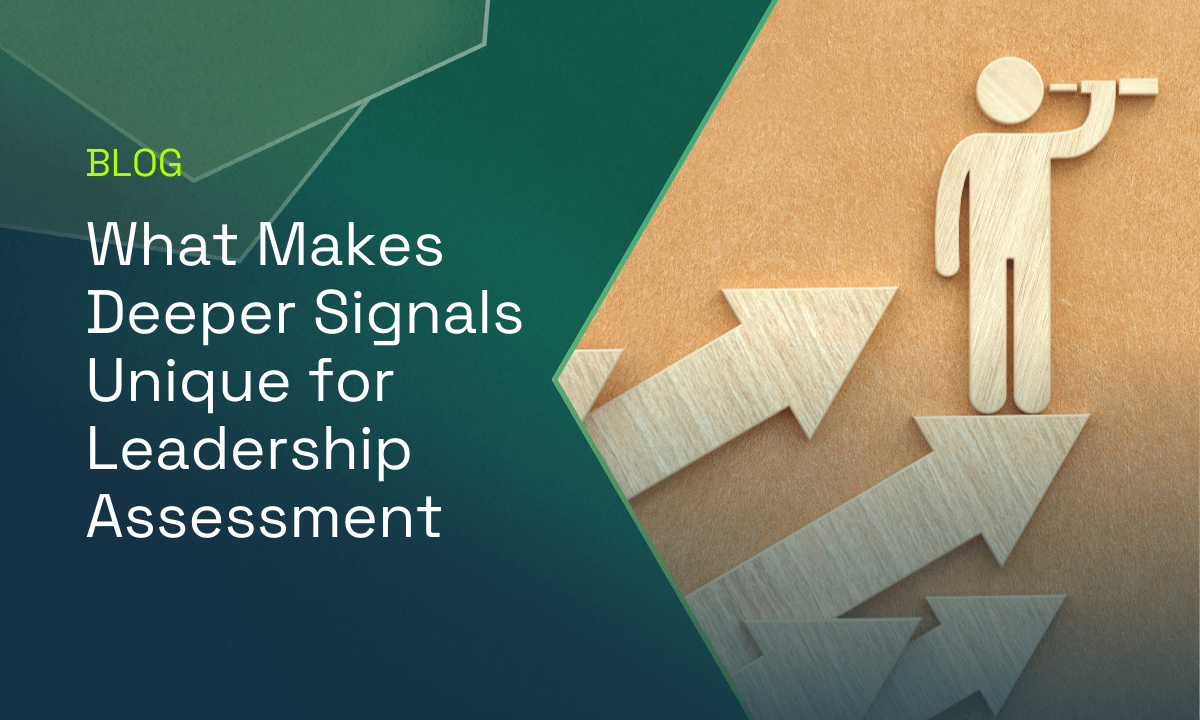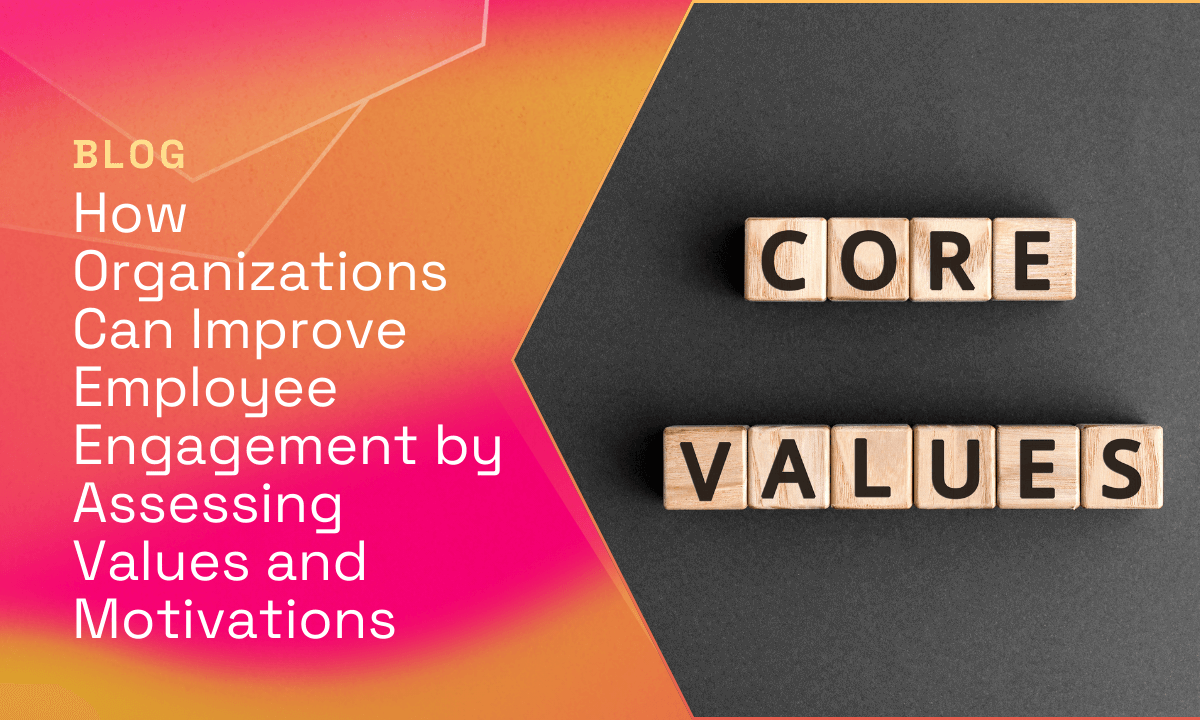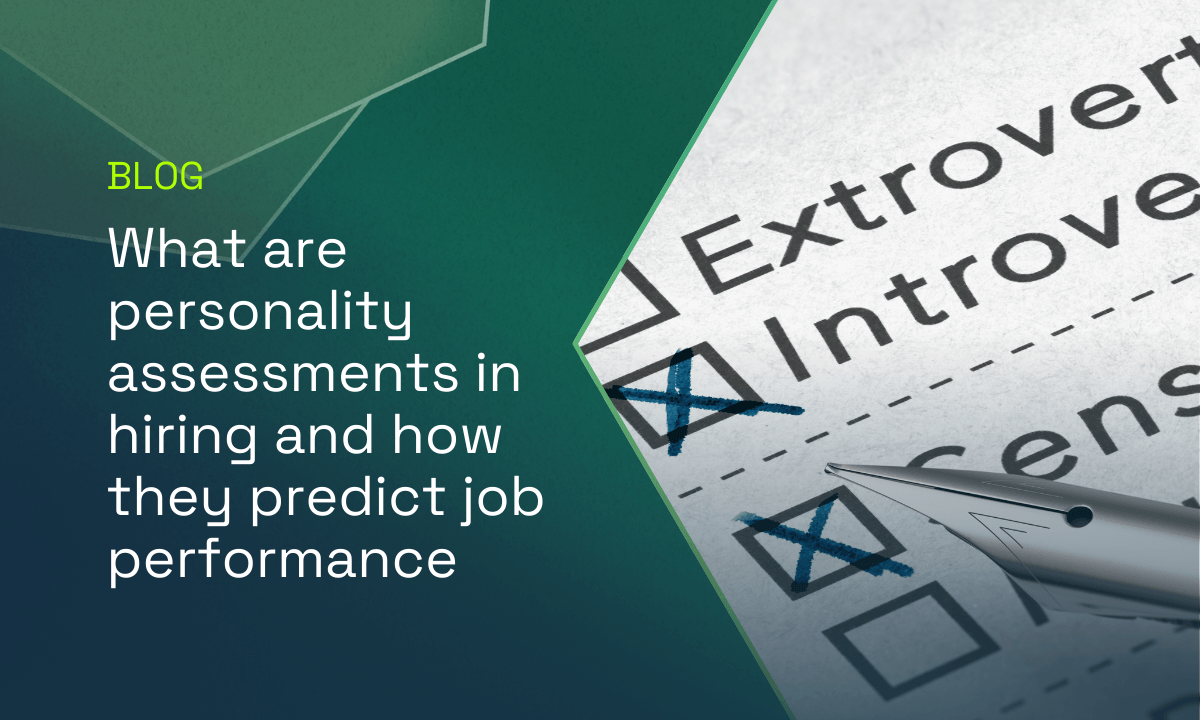Core Drivers 2.0: Using reaction times and machine learning to increase self-awareness
In pursuit of building the world’s most engaging and scientific personality tool, we continuously explore new ways to innovate and improve our assessments. Since launching the Core Drivers Diagnostic, over 100,000 individuals from across the globe have learned their Drivers and Risks, and aided by their digital coach, learned new ways to develop their potential.
Over the last year, we have been investigating the importance of response latency, or reaction times, as a critical variable in producing more dynamic and accurate assessment experiences. The working theory being that individuals will respond most quickly to personality items that are closely aligned with their sense of self. This suggests that personality descriptive adjectives should be differentially weighted based on the individual’s reaction to an adjective, the particular pairing of adjectives, and their overall score on a given personality dimension.
In fact, this hypothesis has been empirically supported by independent scientific research that found reaction times to provide incremental prediction of personality, while reducing assessment length and measurement error through limiting the effects of “faking good”. Our own research has pointed us in a similar direction, showing that there is much to be gained by including reaction time into our scoring algorithms.
We are excited to announce that over the coming weeks we are upgrading our proprietary scoring engine to incorporate item reaction times and difficulty weightings. This unique approach will produce more dynamic and accurate insights that improve upon traditional assessment methodologies in four ways:
- Gain a deeper understanding. Leveraging novel behavioral signals and machine-learning methods provide individuals and coaches with a deeper level of insight into how and why personality profiles are computed.
- Appreciate that personality is unique and dynamic. Tracking reaction times provides helpful insights into one’s baseline personality and the contextual factors that impact assessment scores and profiles.
- Create short and engaging assessment experiences. By differentially weighting responses and using machine-learning methods, our new scoring engine will provide accurate feedback in less time. No need for 200 item batteries that are scored linearly.
- Increase self-awareness. We will transparently provide these new scores to our users so they can become more aware of their own implicit self-concepts and impression management around specific Drivers, which in turn makes coaching interventions more impactful.
After extensive testing and validation of our new scoring algorithms, ensuring that they exceed industry thresholds regarding reliability, validity and adverse impact, we will begin rolling out these new changes to our global partners. Aligned with our values of data transparency and algorithmic responsibility, over the coming weeks we will be sharing more information about the theory and science behind these innovations, how our new algorithms work, and how your data is used.
In the meantime, we want to hear from you. How else can we use reaction times, or similar data, to help develop talent and lead organizations? Could we use this as a proxy for measuring specific cognitive abilities? Could it allow for fairer assessments for individuals responding in non-native languages? Send us your thoughts and together we can work towards making feedback and self-awareness accessible to everyone.
At Deeper Signals, our mission is to democratize self-awareness. We are therefore committed to using the latest advances in assessment technology and science to help everyone understand themselves, and each other, better.





























